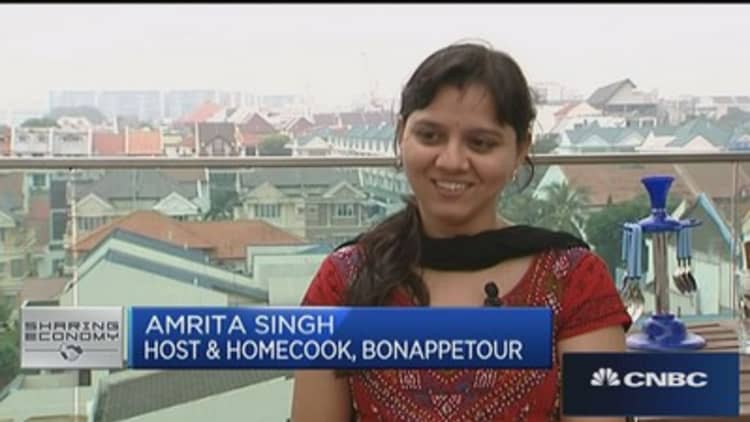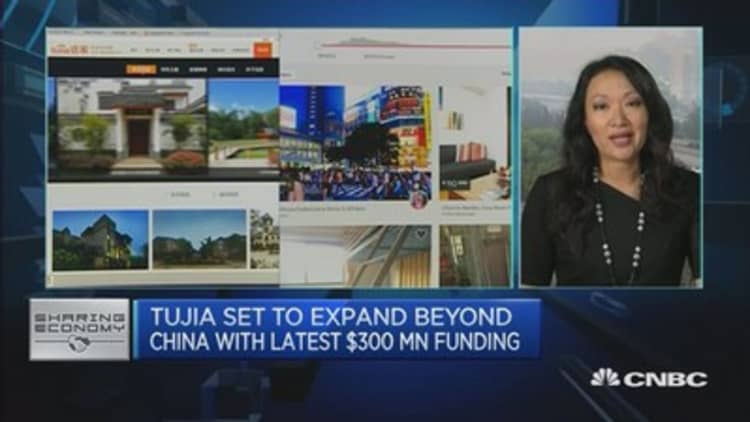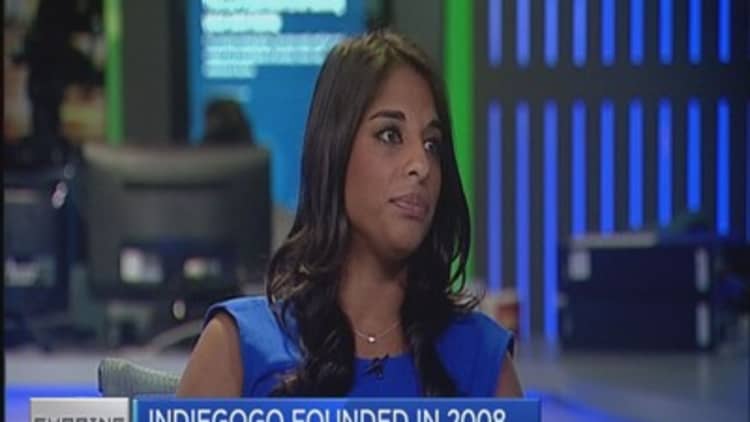The innovation and growth in Sharing Economy business models are shaking up the traditional service delivery provided by larger businesses.
Airbnb, Uber, Kickstarter, BlaBlaCar, are all proving to be the "stealth businesses" by thriving on minimal advertising and maximizing use of mobile communication to provide a convenient, affordable and reliable service.
But this doesn't mean that consumers are turning their backs on the finer things in life. Get ready for Luxury Sharing.
Luxury movers and shakers
The key to the Sharing Economy is connecting a cost-effective supply with a mobile consumer demand. And this model can be used in private air travel.
Share A Jet Exchange offers private jet travel without the burden of buying or renting the jet. By sharing a jet with another couple, your flight could cost as little as $7,000.
The typical cost inevitably varies, but estimates to charter a jet start from around $5,400 to $12,800 an hour (dependent on jet). To buy, prices start around $3 to $4 million, according to information site, Private Jet Costs; however prices have been known to reach over $100 million.
Boat sharing services, like Boatbound, let consumers choose from various deals, like temporary rental or part-ownership of an expensive yacht. Onefinestay – dubbed the "luxury Airbnb" – provides rentals of private luxury homes, with the average guest dishing out more than $600 per night.
Established businesses cannot be blind to the opportunities here.
"The reason for companies to invest in the Sharing Economy is really demand driven. As sharing products is becoming more commonplace, and users increasingly trust that services will be of a high quality, the demand is strongly increasing," Wouter Geerts, travel analyst at Euromonitor International, told CNBC via email.
Can this niche market prosper?
With Luxury Sharing, consumers with high-end tastes but not a sky-high income can rent "the experience" rather than being weighed down by ownership.
"It's allowing people to rent the lifestyle of someone who lives in a wealth level above them. People are fed up with the 'same old, same old'. People want contrast, they want different, they want exciting," Winston Chesterfield, research director at Wealth-X, told CNBC over the phone.
But with brands like Uber and Airbnb providing a similar, reduced-cost service, can luxury firms guarantee customers will stay? Chesterfield admits low cost competition is a disadvantage, but "the experience" is more important, as people won't always want to do 'just luxury' or 'just average affordability'.




Areas that may not develop in the Sharing Economy space are those linked personally to the provider, like clothing or primary residences, Chesterfield argues. There's still some areas where ownership will triumph.
But what luxury services can provide is the added personal touch – and the element of surprise.
"Novelty is so important to human beings generally, but particularly to wealthy people who've seen it all. Novelty doesn't really fit with owning things, as this becomes an everyday item. Therefore rental is beautiful in this aspect," Chesterfield said,
"Generally speaking, I would hesitate to be skeptical about any areas in which this (sharing economy) culture can't go into."
"I think it can go almost anywhere."
—By CNBC's Alexandra Gibbs, follow her on Twitter @AlexGibbsy.




